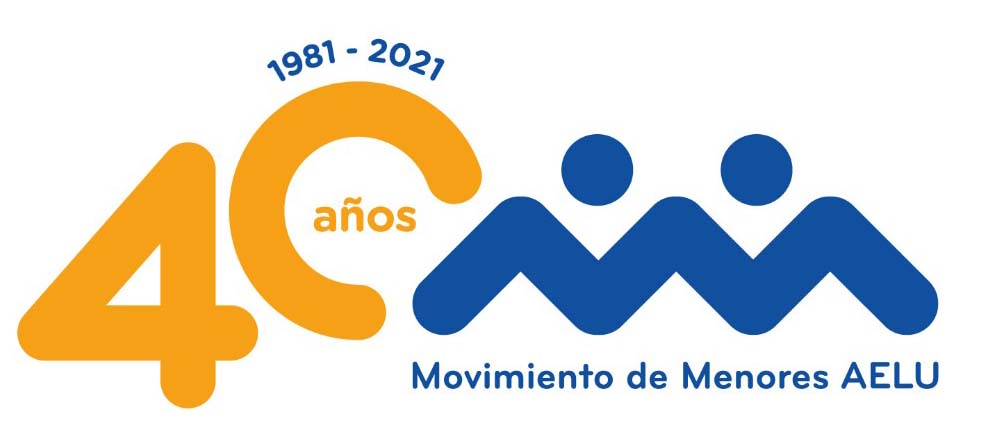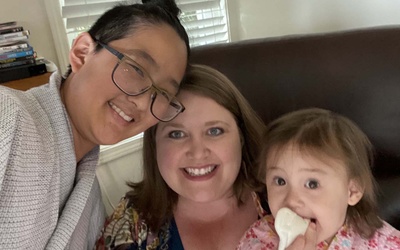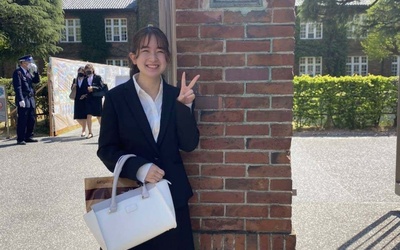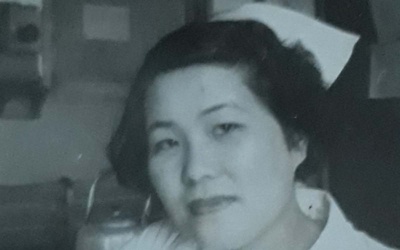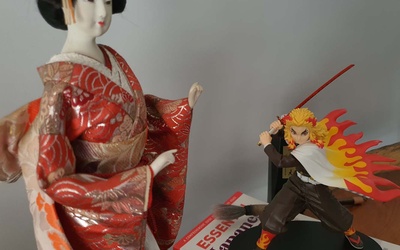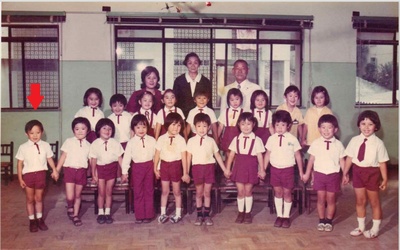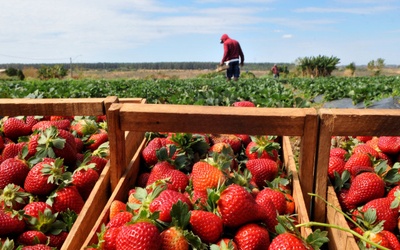Nikkei Chronicles #10—Nikkei Generations: Connecting Families & Communities
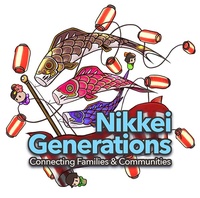
The theme of the 10th edition of Nikkei Chronicles—Nikkei Generations: Connecting Families & Communities—takes a look at intergenerational relationships in Nikkei communities around the world, with a particular focus on the emerging younger generations of Nikkei and how they connect (or don’t) with their roots and with older generations.
Discover Nikkei solicited stories related to Nikkei Generations from May to September 2021. Voting closed on November 8, 2021. We received 31 stories (21 English; 2 Japanese; 3 Spanish; and 7 Portuguese) from Australia, Brazil, Canada, Japan, New Zealand, Peru, and the US, with a few submitted in multiple languages.
An editorial committee chose a favorite story in each language. In addition, a Nima-kai favorite was determined by online community voting. Here are the selections! (*Translations of the selected stories are currently in progress.)
Editorial Committee’s Favorites
- ENGLISH:
Oh, Bachan, How Your Garden Grows
By Kyra Karatsu - JAPANESE:
Happy to Be of Help—My Japanese-learning Classes
By Kazue Ishii - SPANISH:
An Unfortunate Break
By José Yoshida Sherikawa - PORTUGUESE:
Ojiichans
By Ana Shitara
Nima-kai Favorite:
- 43 Stars
The Spirit of Giving
By Troy Miyazato
To learn more about this writing project >>
* This series is presented in partnership with:
Check out these other Nikkei Chronicles series >>
*Logo design by Jay Horinouchi
Stories from this series
Passing on the Joy of Being Nikkei
Oct. 20, 2021 • Norio Umezu Hall
I love obon. Standing under strings of chochin, their warm light dotting indigo summer skies like fireflies always feels like coming home. They transform a liminal space — a street or a parking lot — into a destination. Hot dogs and hamburgers coexist with ikebana and enka without question. For just a few hours, all of me makes sense. Of all the Nikkei traditions I grew up with, this was the one I most wanted to share with my child. The 2020 pandemic had other plans. …
My dear family
Oct. 19, 2021 • Amelia Hisami Karuka Shoji
Since I was born, my Obachan said that we would have to speak Nihongo because we looked Japanese, despite being born in Brazil. We would be Japanese our whole lives. But, I didn't understand why we would have to speak Nihongo at home when we lived in Brazil. We are 4 brothers and we all entered primary school without speaking any Portuguese and I clearly remember that I suffered a lot, but today, I am very grateful for the education …
Hardship and Happiness: A New Zealand War Bride’s Life—Hiroko Kadowaki, 1929-2021
Oct. 18, 2021 • June Baldwin , Leon Baldwin
June Baldwin and her son Leon reflect on their mother and grandmother, Hiroko Kadowaki, who migrated to New Zealand in 1956 after marrying a New Zealand soldier she’d met in Hiroshima. * * * * * JUNE (Nisei): My mother, Hiroko, grew up on the small island of Daikonshima in the middle of a lake in Matsue City, Shimane prefecture, on the north-west coast of Japan. She was the third of four children. Her parents farmed their land. Mum often …
Way back
Oct. 15, 2021 • Stéphane Taguchi
Recently, Ms. Yasuko found herself in a situation where she had to prove that she was... herself. Having part of the documents with the surname Fujii and part of the documents with the surname Huzii, it seems simple to prove that one was romanized in the Hepburn system and the other was romanized in the Kunrei system, but the document that the consulate issued, without signatures or stamps, because it attests A notorious fact, it was not accepted by the …
My relationship with Nihongo
Oct. 13, 2021 • Antonio Kotaro Hayata
I think that most people who have Japanese origins have had contact with nihongo or colonia-go since childhood. It is a kind of Nikkei dialect in Brazil, where it is a mix between Portuguese and old fashioned nihongo, since it carries the peculiarities and slangs from many parts of old Japan where the immigrants came from (hougen), as a result, an original dialect that is not found in any books, but we can understand each other very easily. I'm very …
The Japanese in Brasilia agriculture
Oct. 12, 2021 • Clarice Satiko Aoto
Fulfilling the dream of having your own home and being able to raise and educate your children safely and feed them has perhaps been one of the greatest skills of human beings. Today, with so much innovation and sudden changes in people's lives, caused mainly by the new coronavirus pandemic, many values may have changed, such as living in a safer environment, having freedom of movement, the need for expression, the need to be together, but maintaining health safety. Well, …





